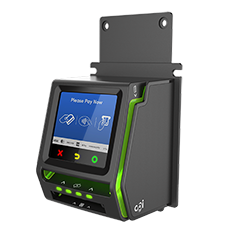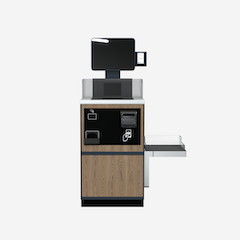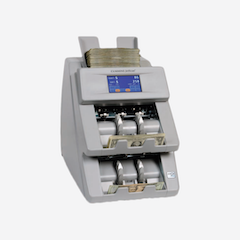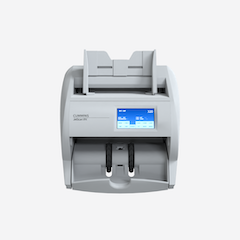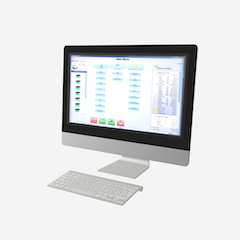In an age where digital innovation reshapes industries, the gaming sector is at a pivotal crossroads. Casinos, a longstanding bastion of physical currency transactions, find themselves at the forefront of a significant transformation. Cashless payment methods are not just convenient; they boost security for users and enhance anti-money laundering efforts.
The Dual Benefit of Cashless Payments
The move toward cashless transactions within the casino environment by implementing mobile payments addresses two critical issues - enhancing player security and providing a robust framework for AML compliance. This dual benefit stems from the inherent traits of digital transactions - traceability, transparency, and instantaneous verification.
Boosting Player Security
For customers, the appeal of cashless payments lies in the security and convenience it offers. The traditional gaming floor, with its chips and cash exchanges, presents opportunities for theft and loss. Digital transactions eliminate this vulnerability, ensuring that a player's funds are safeguarded within secured digital wallets or accounts. This level of security enhances the overall gaming experience, fostering a safer, more enjoyable environment for patrons.
Strengthening AML Measures
From an operational standpoint, casinos are under constant scrutiny to ensure compliance with strict AML regulations. In 2022 alone, casino regulators in the U.S., the U.K., Austria, Sweden and the Netherlands issued over $264 million in fines to casinos, holding them responsible for their insufficient anti-money laundering controls, among other compliance failures. Cash transactions, with their inherent anonymity, pose a considerable challenge in this regard. The shift to cashless payments transforms the AML landscape for casinos. Every digital transaction carries a data footprint, enabling casinos to monitor and analyze transaction patterns with unprecedented precision.
This capability is crucial in identifying and mitigating potential money laundering activities. Advanced analytics can flag unusual transaction patterns, facilitating timely intervention by compliance teams. The result is a more controlled and transparent operational environment that not only meets but exceeds, regulatory requirements.
Navigating the Transition to Cashless Transactions
The transition to a cashless gaming floor is not without its challenges. It requires a holistic approach that considers technology infrastructure, regulatory compliance, and patron adoption. Yet, these challenges are not insurmountable. They present opportunities for innovation, collaboration, and strategic planning.
Implementing the Right Technology
The foundation of a successful cashless mobile payment ecosystem is robust and secure technology. Solutions must not only facilitate seamless transactions but also integrate with existing casino management systems. Customization is key; each casino's needs are unique, and solutions must be tailored to fit specific operational workflows and regulatory contexts.
Educating and Engaging Stakeholders
A crucial aspect of adopting cashless payments is stakeholder engagement. This includes not only educating patrons on the benefits and use of cashless methods but also training staff to support this new ecosystem. Clear communication and support mechanisms are essential in ensuring a smooth transition for all involved.
Regulatory Considerations
Navigating the complex landscape of gaming regulation is a significant challenge. Casinos must work closely with regulatory bodies to ensure that cashless payment solutions comply with all legal and regulatory requirements. This collaborative approach ensures that innovation in payment methods advances in lockstep with regulatory standards.
The Future is Cashless
The shift toward cashless payments in the gaming industry is more than a trend; it's the future of casino operations. This transition offers a strategic advantage in combating money laundering, enhancing the security and satisfaction of patrons, and ensuring regulatory compliance.
The message is clear: cashless payments provide a path to a more secure, transparent, and efficient gaming industry. By adopting and refining these digital payment solutions, casinos can protect their patrons, ensure compliance, and position themselves at the cutting edge of industry innovation.



